

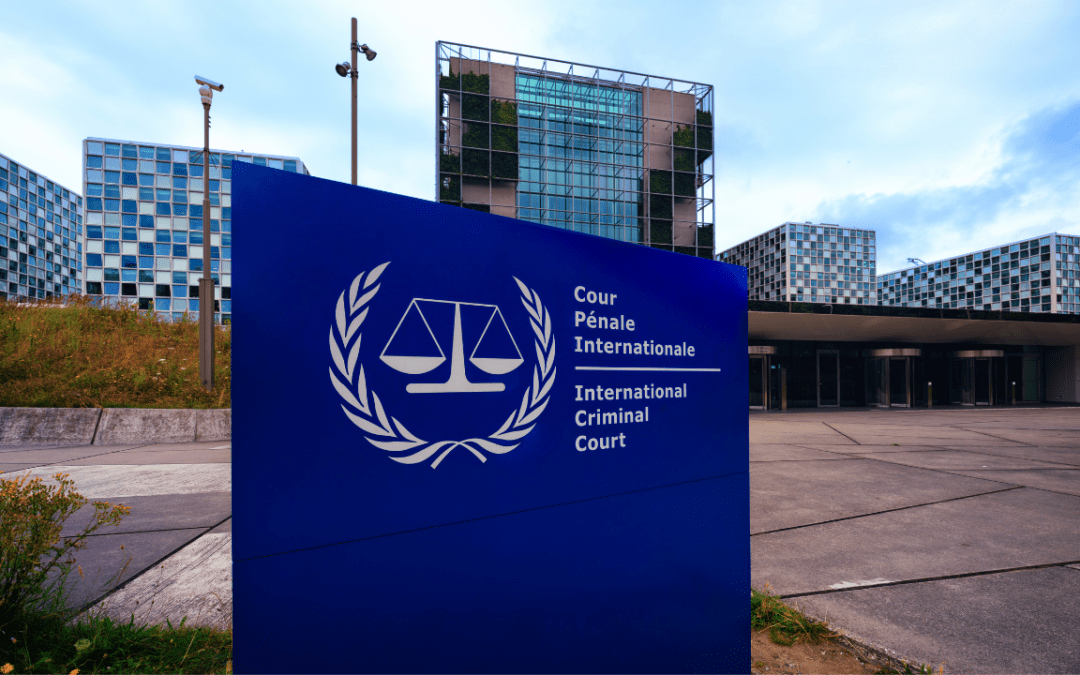
Citizens for Global Solutions (CGS) Urges Senate to Vote Down Legislation to Sanction the ICC
Washington, DC—On January 9, the United States House of Representatives voted in favor of a bill that would sanction the International Criminal Court (ICC). The bill was created to protest the ICC’s arrest warrants for Israeli Prime Minister Benjamin Netanyahu and his former defense minister over Israel’s crimes against humanity in Gaza. CGS led 116 organizations—including faith-based groups, human rights organizations, peace advocates, and legal associations—in an open letter decrying the attack on an independent judicial institution established to advance justice for victims of the most heinous crimes.
The vote passed by an overwhelming margin, with 243 in favor (including 45 Democrats) and 140 against the “Illegitimate Court Counteraction Act,” which threatens sanctions for any foreigner who helps the ICC in its attempts to investigate, detain, or prosecute a US citizen or citizen of an allied country that does not recognize the court’s authority.
The bill will now be passed to the Senate for consideration by the Senate Foreign Relations Affairs, emphasizing the importance of our continued efforts to speak out against it and its implementation, as it is a direct attack on the ICC. Not only that, but the passage of sanctions on the ICC jeopardizes the ability of desperate victims across all the court’s investigations to access justice, weakens the credibility of sanction tools in other contexts, and places the United States at odds with its closest allies, as outlined in the letter we issued to Congress and the incoming presidential administration on January 6.
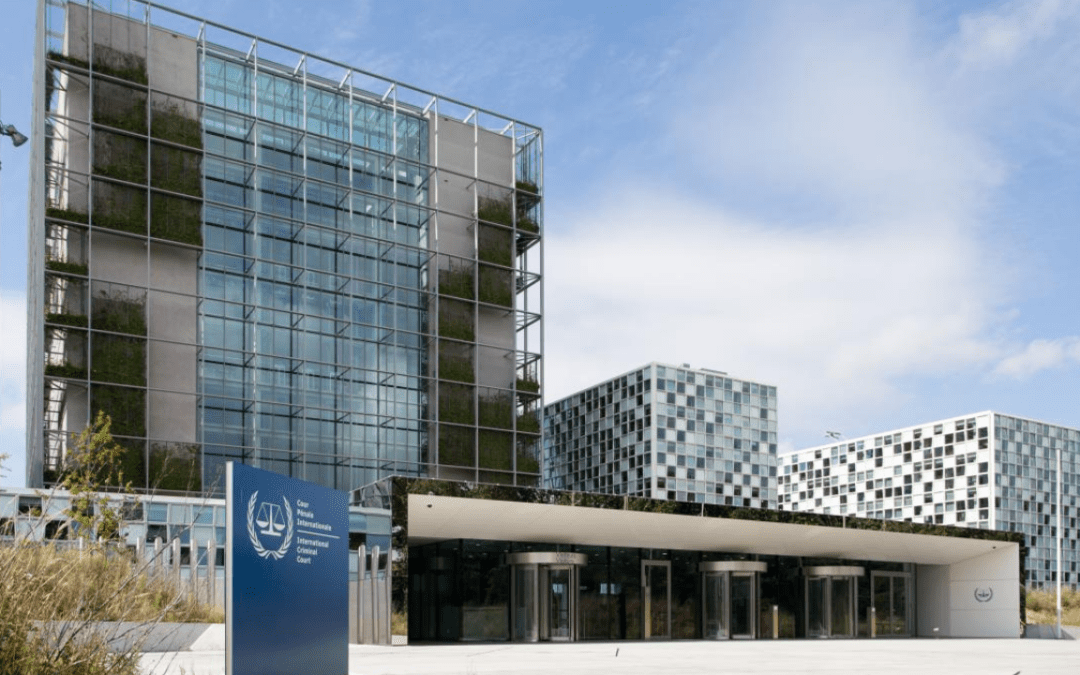
CGS Spearheads Open Letter to Congress and Incoming Presidential Administration Regarding US Sanctions on the ICC
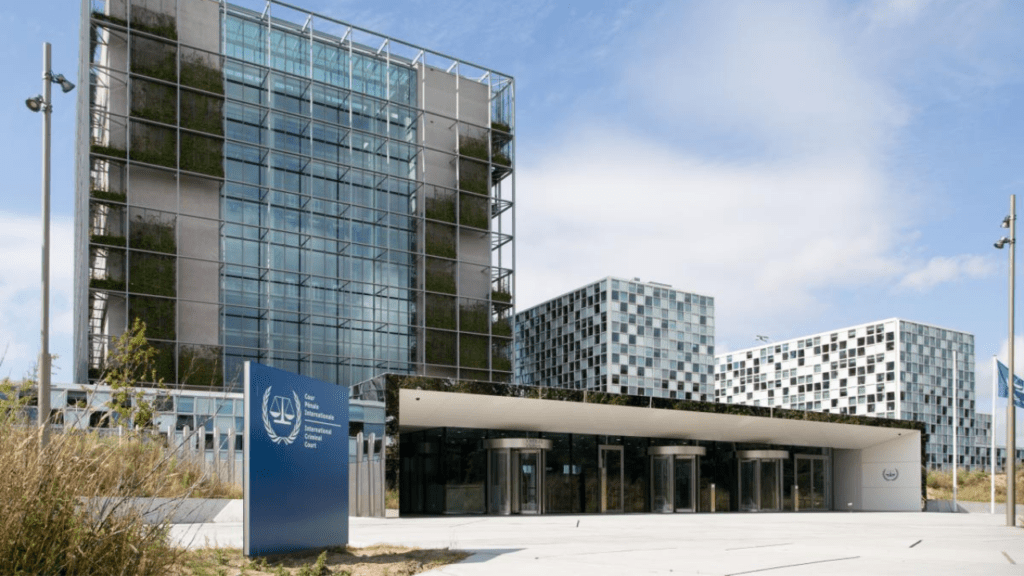
Washington, DC—As co-convener of the Washington Working Group for the ICC, Citizens for Global Solutions led the effort to join 76 human rights organizations, faith-based groups, legal associations, and academic institutions in an open letter to Congress and the incoming US Presidential administration decrying sanctions against the International Criminal Court (ICC).
As the House of Representatives is scheduled to review this legislation among its first orders of business, we urge Members of Congress to consider the perspectives of the signatories, who include constituents, allies, experts, and survivors in ICC situation countries.

Mondial (Summer 2024)
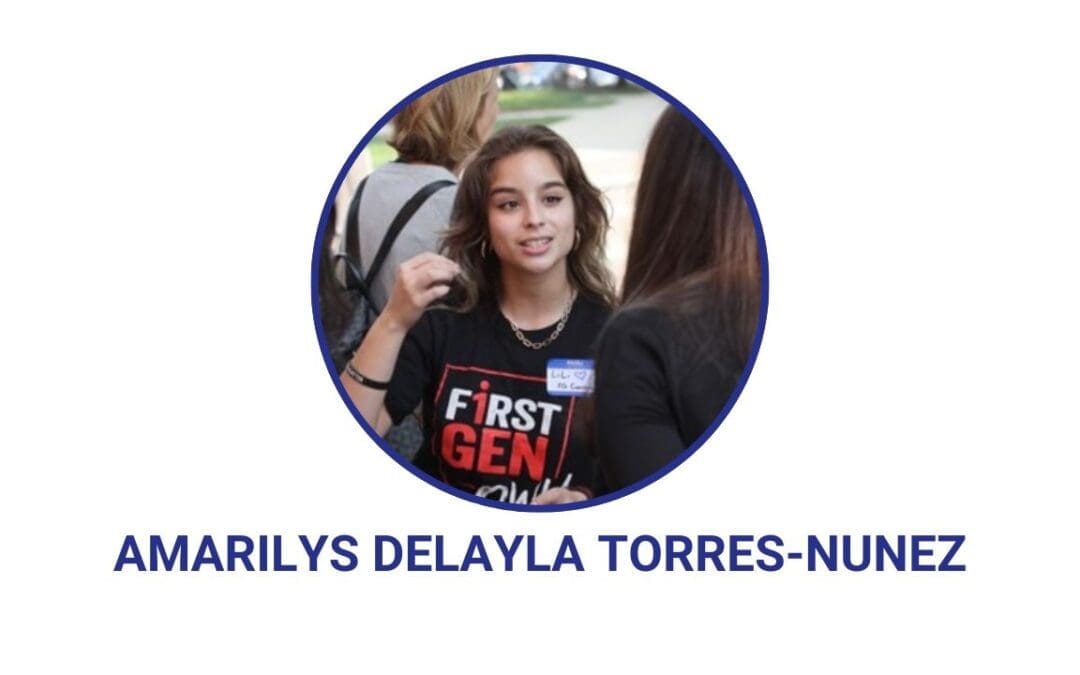
CGS Announces Winner of the New Voice 4 Global Solutions Essay Contest
Washington, DC– Amarilys Delayla Torres-Nunez, Winner of the New Voice 4 Global Solutions Essay Contest, represents Citizens for Global Solutions (CGS) at Ventotene International Conference.
While some individuals are lucky enough to escape for Labor Day, few can boast that they spent the week on an island in the Tyrrhenian sea attending one of the most prestigious international conferences dedicated to democratic world federalism. Thanks to her scholarship and commitment to CGS’s vision, Amarilys Delayla Torres-Nunez can claim that distinction.
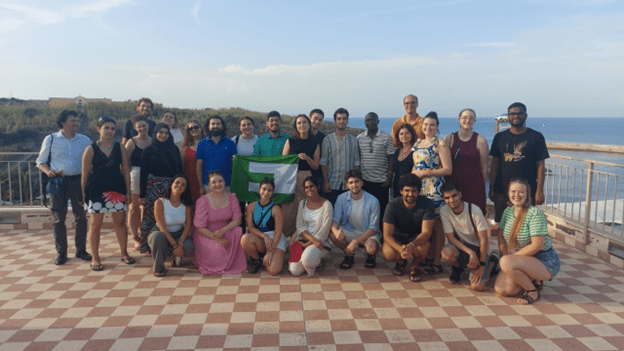
Torres-Nunez is the winner of the The New Voices 4 Global Solutions Essay Contest, created to offer young people (aged 18-30) across the United States the opportunity to propose and argue for ideas to strengthen the global governance system on topics such as ending war, the guarantee of human rights, or protecting the environment.
Z first-generation college student from Manatí, Puerto Rico, she currently is pursuing an interdisciplinary education at Ohio Wesleyan University, focusing on Anthropology, Zoology, and Psychology. These diverse academic interests reflect her commitment to understanding both human and animal behavior in a global context.
Submissions for the contest opened in May 2024, with one winner selected to have their essay published in CGS’s Mondial journal and attend the 2024 Ventotene International Seminar (September 1-6), on the island of Ventotene, Italy.
Torres-Nunez said she was motivated to enter the contest because it provided an opportunity for students to engage in conversations about global issues in a meaningful way. She also appreciated the accessibility of the contest.
“I appreciated how this essay contest did not have strict criteria which excluded those different cultural and socioeconomic backgrounds which provided a unique opportunity to include these perspectives into our essays,” Torres-Nunez said.
In her essay, Mobile Gender Courts: A Solution To Accountability Gaps in UN Peacekeeping and Survival Sex, Torres-Nunez presents an in-depth analysis of the persistent accountability gap afflicting UN peacekeeping missions. She also touches on the ongoing issue of sexual exploitation within peacekeeping contexts while proposing mobile gender courts as a possible solution.
“I chose this topic because I am passionate about protecting the rights of women and children and the principle of peace,” Torres-Nunez explained. “It is important to remember that during times of desperation, women and children are the most vulnerable and it is the responsibility of the UN and its peacekeepers to protect and provide.”
When asked about her time at the Ventotene International Seminar, Torres-Nunez called it a once-in-a-lifetime experience that not only introduced her to new people, but changed and challenged her perspective.
“I met many brilliant minds from different cultural backgrounds who had such unique perspectives regarding the topics of federalism, overcoming social inequality, and achieving peace,” Nunez-Torres said. “This experience not only challenged my pre-existing beliefs but encouraged me to expand my worldview.”
While at the conference, Nunez-Torres said she gained a deeper understanding of European federalism, sovereignty, and the various challenges the EU faces in maintaining competitiveness and security. She also learned about the historical evolution of European federalism and how that has shaped the current structure of the EU and its governance. The seminar also included discussions of balancing national sovereignty and the collective authority of the EU, especially in the context of economic policy, defense, and legislative proposals to the European Parliament.
Discussions carrying an emphasis on collaboration and unity across borders to tackle complex global issues also led Nunez-Torres to find many parallels between her home country of Puerto Rico and the United States.
“Despite Puerto Rico being a U.S. territory, it continues to face significant struggles in various aspects, from economic challenges to political and social inequalities,” Nunez-Torres said. “This seminar made me realize that unity between the United States and Puerto Rico is essential—not just to address immediate needs, but also to foster long-term, sustainable development.”
Nunez-Torres will be featured in the Winter 2024 edition of the Mondial journal, where her essay can be read in full.
Citizens for Global Solutions will hold the New Voices 4 Global Solutions Essay Contest again in 2025.
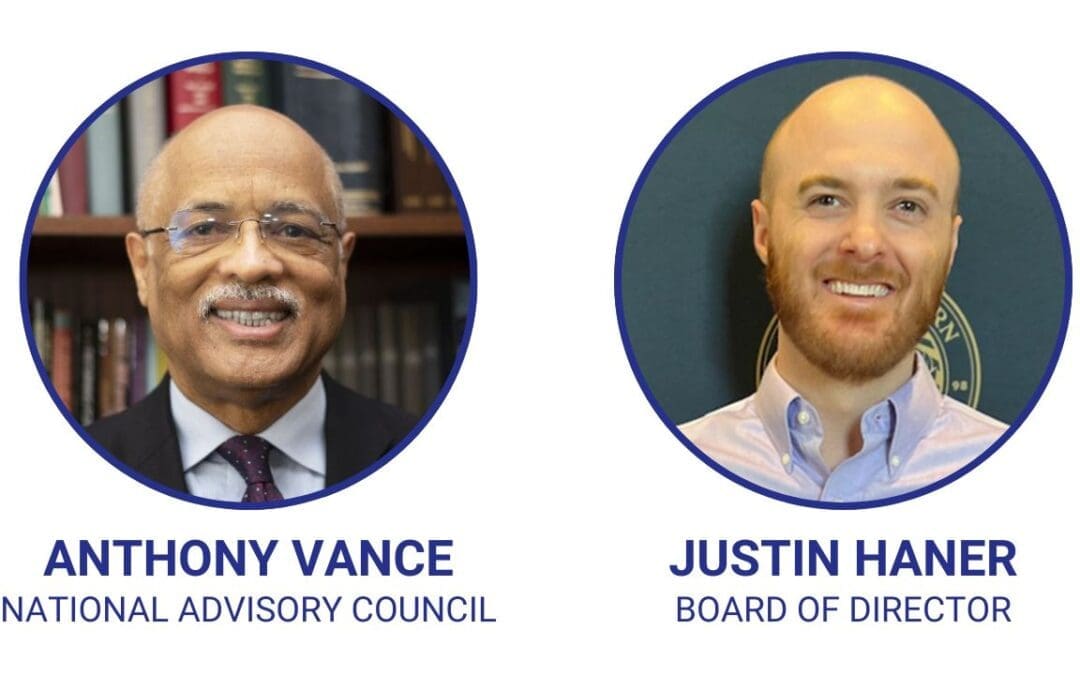
CGS Welcomes Anthony Vance to National Advisory Council; Justin Haner to the Board of Directors
Washington, DC– Citizens for Global Solutions (CGS) is honored to announce Anthony Vance, Senior Representative, U.S. Bahá’í Office of Public Affairs joins our National Advisory Council (NAC).
Anthony oversees the development of the Bahá’ís of the United States Office of Public Affairs programs and strategic direction. He joined the office in 2010 after spending four years at the Baháʼí World Center in Haifa, Israel representing it to the diplomatic community, civil society, and parts of the host government. A lawyer by training, he spent 21 years in the U.S. Agency for International Development in legal and managerial positions in Washington, Côte d’Ivoire Kenya, Botswana, and Egypt. Mr. Vance holds a B.A. in Economics, an MBA, and a J.D. from Harvard University.
Larry David, Member, Executive Committee, CGS Education Fund Board of Directors said of Vance’s appointment, “The Baha’is and Citizens for Global Solutions have long-shared common goals relating to the need to replace an international system that allows for war with one which does not. The organizations are naturally allied. Anthony Vance’s joining the CGS Advisory Council underscores that informal alliance. CGS is fortunate to have an individual of Anthony Vance’s position and training advising its board and is strengthened by his decision.”
Dr. Justin Haner, Member of the Board of Directors
It is with great pleasure that Larry David also welcomes Justin to the Education Fund Board of Directors. Larry states, “Dr. Haner brings an academic perspective, deep preparation, and a thorough understanding of the history and scope of international law, its applications, and its shortcomings. We fellow board members are honored by Justin Haner’s choice to give volunteer service to support CGS and its focus on international peace and justice.”
Justin is a political scientist and research fellow at the Watson Institute for International and Public Affairs at Brown University. From traditional security concerns to artificial intelligence and cybersecurity, his scholarship focuses on the transformative power that international law and organizations can have on solving complex global and regional security issues. Committed to ensuring his work resonates beyond the classroom, he campaigns on the dire need to reform the United Nations, including as a co-drafter of the People’s Pact for the Summit of the Future and an active contributor to the Coalition for the UN We Need. Justin is also a committed public servant with twelve years of combined experience in the military and local government. As a former Captain in the US Army Infantry, he led a mechanized rapid reaction force just south of the Korean DMZ and was selected to serve as Executive Officer to the United Nations Command Honor Guard. He currently serves as an elected Representative for Town Meeting and appointed Capital Budget Committee board member in Walpole, MA, where he works on a variety of local issues from promoting racial and gender inclusivity, to reducing his town’s environmental impact.
About Citizens for Global Solutions
Citizens for Global Solutions is a non-governmental, non-profit, non-partisan membership-based organization that for more than 75 years has brought together a diverse collective of individuals and organizations with a common goal of a unified world predicated upon peace, human rights, and the rule of law. From championing ratification of the UN Charter upon our establishment in 1947 to supporting creation of the International Criminal Court (ICC) 25 years ago to advocating for global instruments to confront today’s enduring challenges of war and climate degradation, CGS recognizes that true progress is a generational enterprise. We invite like-minded individuals and organizations to join us in this mission.
Contact: outreach@globalsolutions.org

























